Šešelj disappointed with Hague judge
Serb Radical Party (SRS) leader Vojislav Šešelj's case at the Hague was debated in a status conference this week.
Thursday, 25.10.2007.
10:35

Serb Radical Party (SRS) leader Vojislav Seselj's case at the Hague was debated in a status conference this week. Seselj, charged with crimes against humanity in Croatia, Bosnia Herzegovina and Vojvodina, will be tried before a chamber consisting of ad litem judges Flavia Lattanzi from Italy and Frederik Harhoff from Denmark, with French judge Jean-Claude Antonetti presiding. Seselj disappointed with Hague judge The ICTY president proposed their appointment to the UN Secretary-General, whose decision is expected in the next couple of days. At the status conference, a work plan was put together for the period until the end of the year. The pre-trial conference will be held on Tuesday, November 6. The next day, the prosecution will present its opening statement. The opening statement of the accused is scheduled for November 8. The trial will then be adjourned until December 4 when the prosecution is expected to call its first witness. There will be six working days until the winter recesses. The chamber is yet to decide on the time the parties will be allotted for their case, but according to Judge Antonetti’s assessment today, the Seselj trial could end by late 2008 or early 2009. At the status conference, Seselj fiercely opposed the admission into evidence of the witnesses’ written statements, saying that they had not been written by witnesses but by prosecutors or investigators without him or his legal representatives being present. In his view, these statements have no value and he does not intend to cross-examine the witnesses he suspects of being instructed by the prosecution. Seselj admitted he had no proof for this, but he corroborated this with affidavits given by Branko Rakic and Dragoslav Ognjanovic, Milosevic’s former legal consultants. They claim that they had "seriously suspected" the prosecution had been in constant contact with the witnesses. The prosecutors were cueing them as to what answers to give in the cross-examination, they said. Saying that "all the prosecution witnesses" were "false" and describing those asking for protective measures as "criminals, scoundrels and cowards," Seselj attempted to name some of the potential witnesses in open court, but the judge asked for closed session or ordered the redaction of the names Seselj managed to mention before the TV cameras were switched off. Prosecutor Christine Dahl objected several times against Seselj’s "constant attempts of discrediting the witnesses" noting the fact that the accused was using the opportunity to "send a message to the people prepared to testify in this case that they would be regarded as criminals and scoundrels." As for French Judge Antonetti – the accused said he had been "pleasantly surprised" six months ago by the judge’s attitude, but today, Seselj said several times he was "shocked and utterly flabbergasted" by Antonetti’s change of attitude he found "incomprehensible and unbearable."
Šešelj disappointed with Hague judge
The ICTY president proposed their appointment to the UN Secretary-General, whose decision is expected in the next couple of days.At the status conference, a work plan was put together for the period until the end of the year. The pre-trial conference will be held on Tuesday, November 6. The next day, the prosecution will present its opening statement.
The opening statement of the accused is scheduled for November 8. The trial will then be adjourned until December 4 when the prosecution is expected to call its first witness.
There will be six working days until the winter recesses. The chamber is yet to decide on the time the parties will be allotted for their case, but according to Judge Antonetti’s assessment today, the Šešelj trial could end by late 2008 or early 2009.
At the status conference, Šešelj fiercely opposed the admission into evidence of the witnesses’ written statements, saying that they had not been written by witnesses but by prosecutors or investigators without him or his legal representatives being present.
In his view, these statements have no value and he does not intend to cross-examine the witnesses he suspects of being instructed by the prosecution. Šešelj admitted he had no proof for this, but he corroborated this with affidavits given by Branko Rakić and Dragoslav Ognjanović, Milošević’s former legal consultants.
They claim that they had "seriously suspected" the prosecution had been in constant contact with the witnesses. The prosecutors were cueing them as to what answers to give in the cross-examination, they said.
Saying that "all the prosecution witnesses" were "false" and describing those asking for protective measures as "criminals, scoundrels and cowards," Šešelj attempted to name some of the potential witnesses in open court, but the judge asked for closed session or ordered the redaction of the names Šešelj managed to mention before the TV cameras were switched off.
Prosecutor Christine Dahl objected several times against Šešelj’s "constant attempts of discrediting the witnesses" noting the fact that the accused was using the opportunity to "send a message to the people prepared to testify in this case that they would be regarded as criminals and scoundrels."
As for French Judge Antonetti – the accused said he had been "pleasantly surprised" six months ago by the judge’s attitude, but today, Šešelj said several times he was "shocked and utterly flabbergasted" by Antonetti’s change of attitude he found "incomprehensible and unbearable."












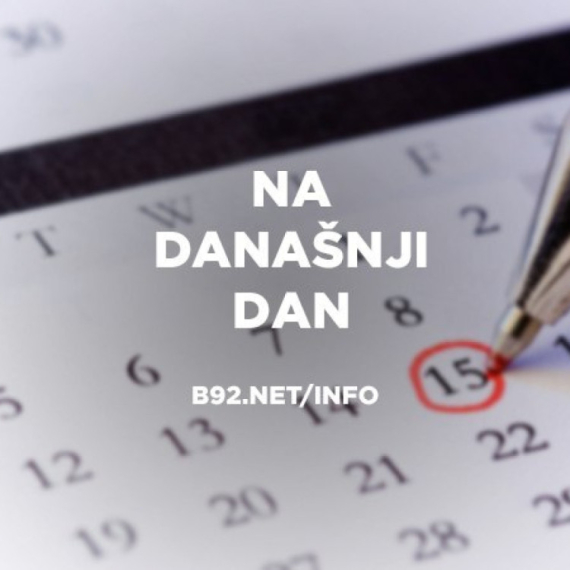
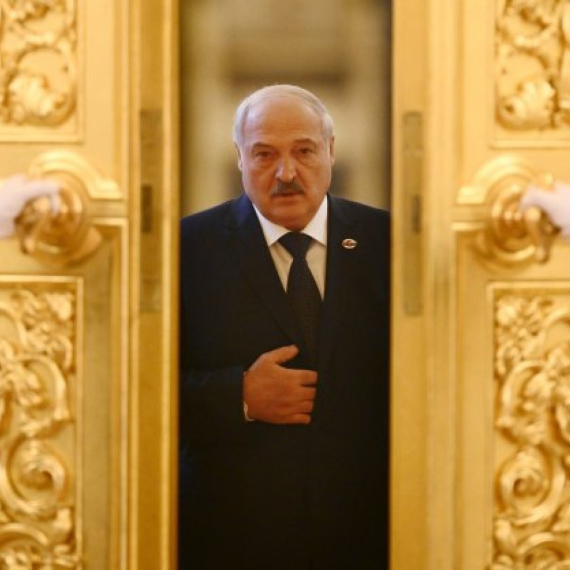
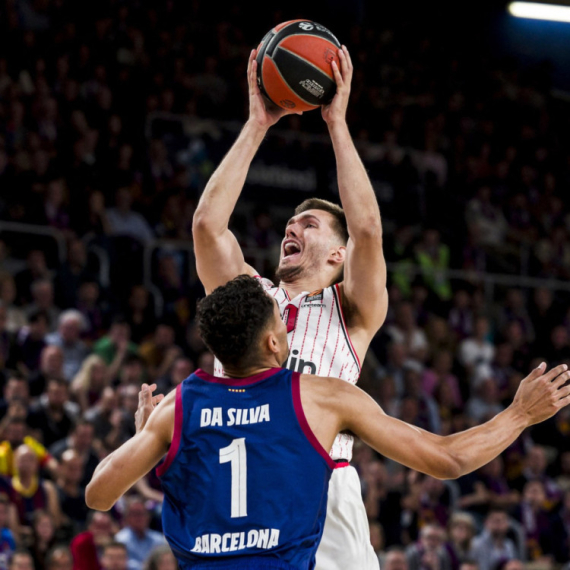




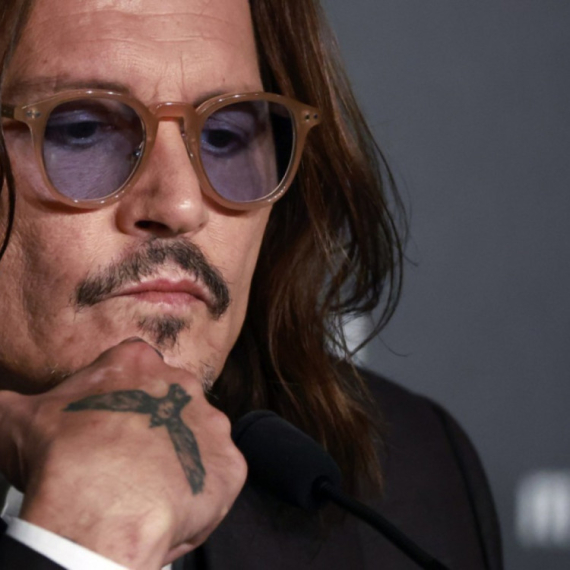
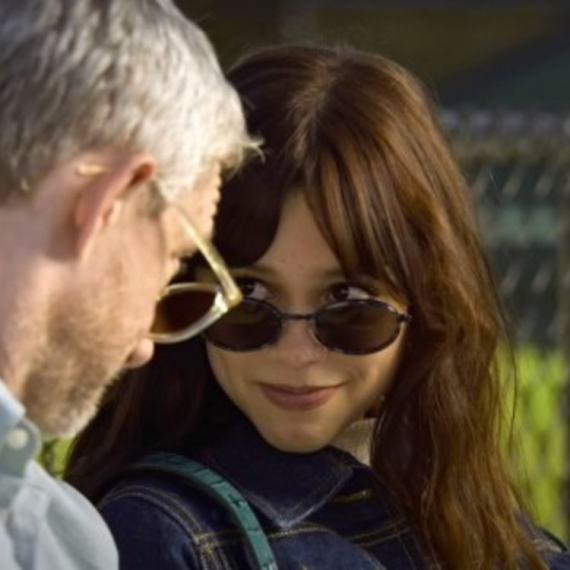
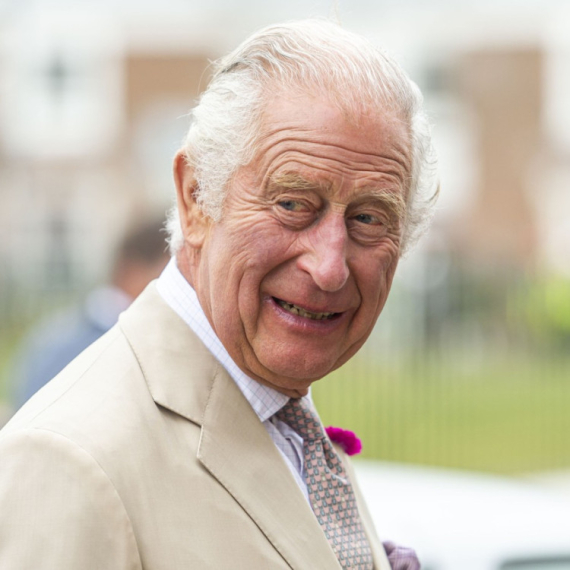
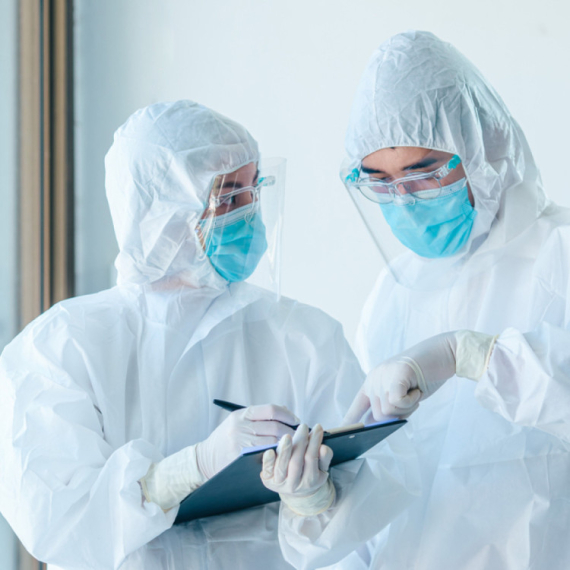








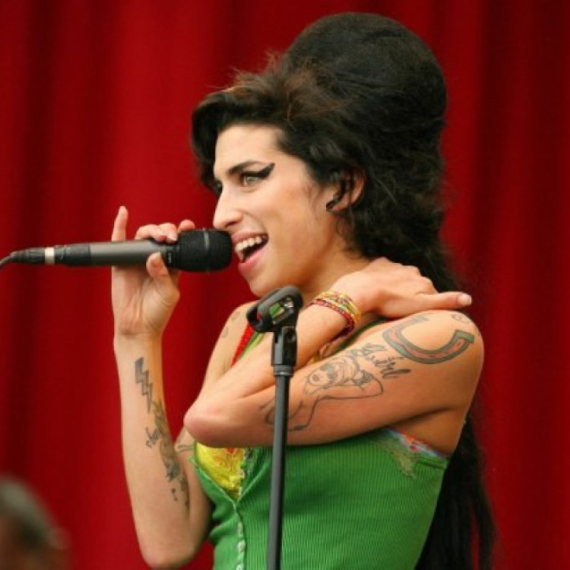






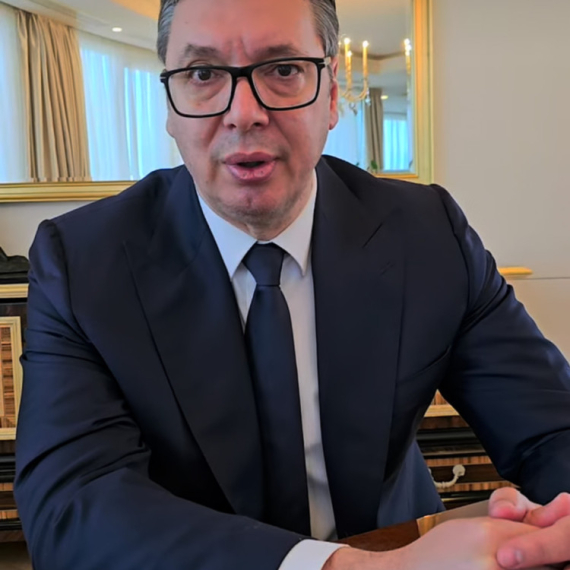
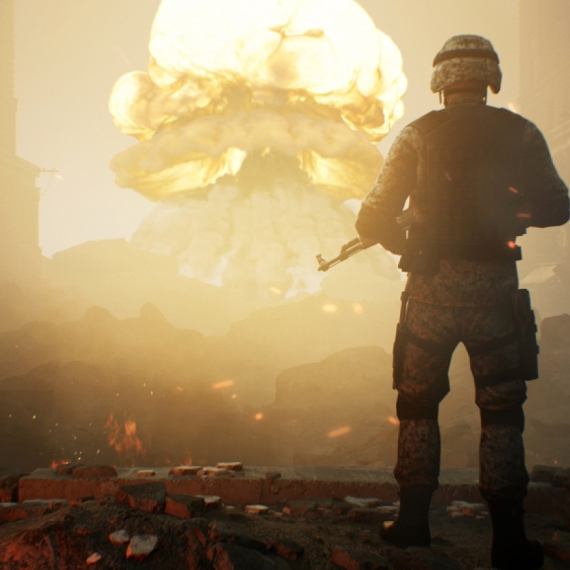
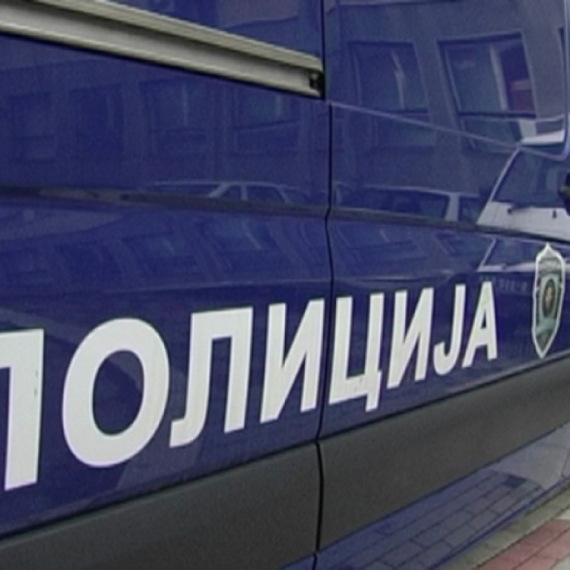



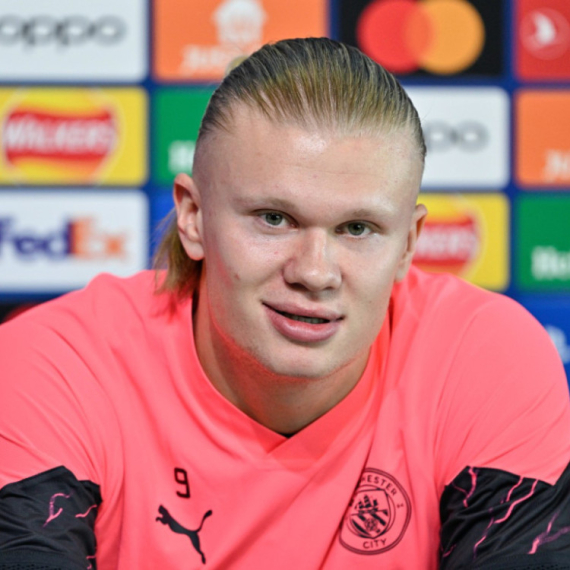









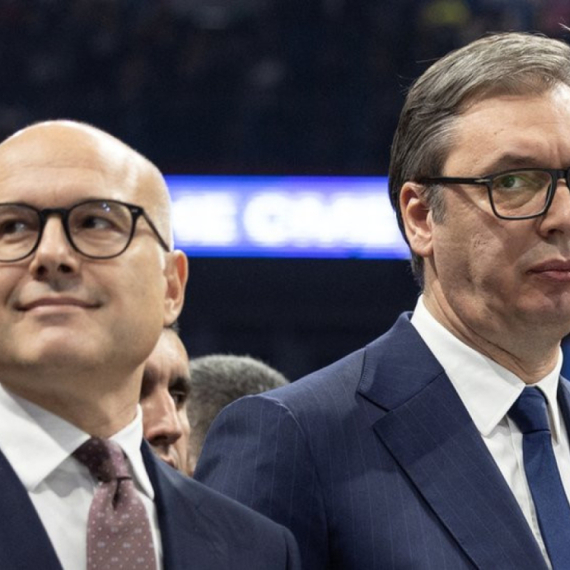
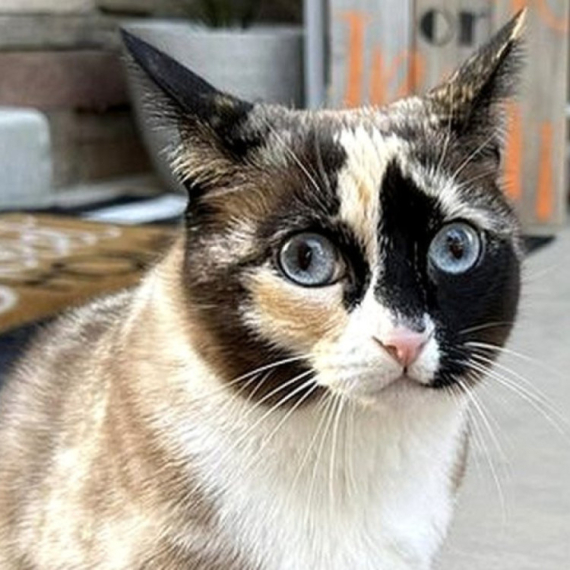
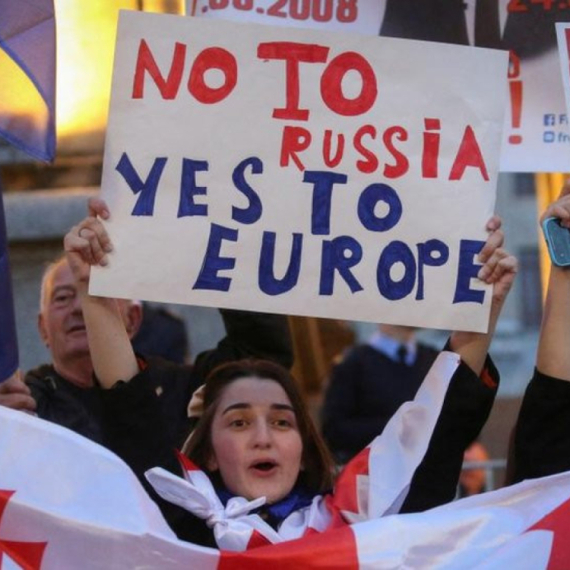

Komentari 7
Pogledaj komentare